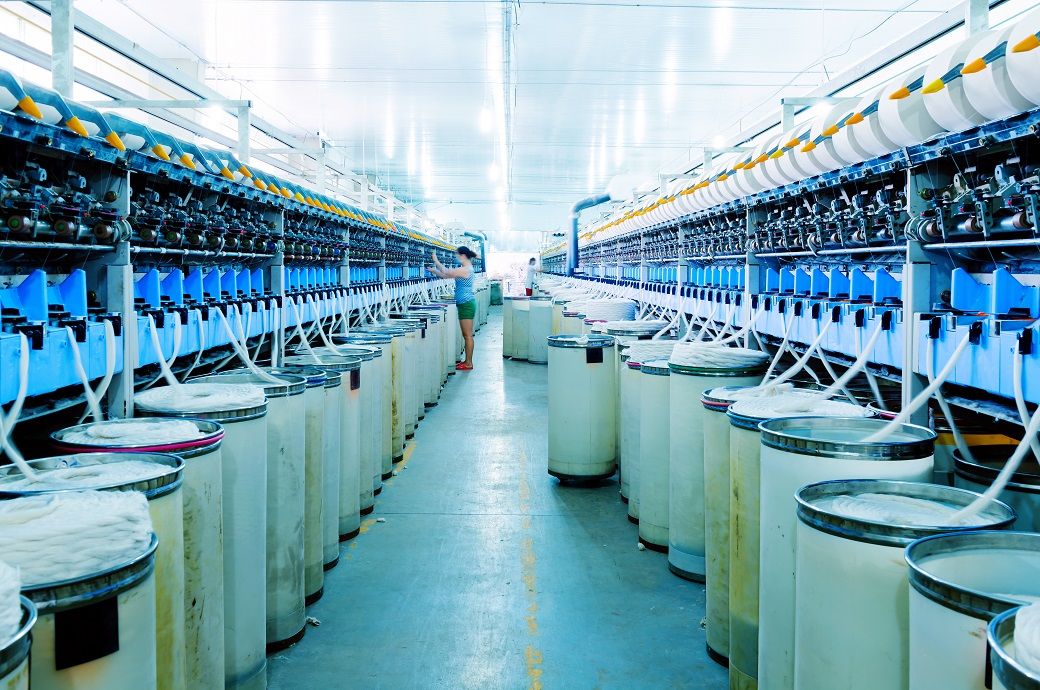
M Jayabal, president of the Coimbatore-based Recycled Textile Federation, told Fibre2Fashion, "Open-end spinners are incurring losses due to the high cost of raw materials and low prices of finished products. They can no longer afford to operate their mills at a loss." He clarified that cotton comber, their basic raw material, is currently priced at around ₹110 per kg. Consequently, their production costs amount to around ₹160-165 per kg. However, the mills are unable to recoup more than ₹150-155 per kg. Despite previously running with a partial production cut to help manage prices, the industry was compelled to fully suspend production from the first week of July.
According to industry sources, several industry bodies, including the Recycled Textile Federation (RTF) and the Open-end Spinning Mills’ Association (OSMA), have decided to stop yarn and fabric production used for home furnishing products. An RTF press release revealed that waste cotton prices have been consistently increasing since 2022. Cotton comber prices, which were previously 40-50 per cent of the virgin cotton price, are now around 50-75 per cent of the pure cotton price. The industry is unable to similarly raise the prices of their finished products, such as grey cloth and home textile goods.
The higher power charges are further straining the industry. The Tamil Nadu Power Board has introduced the concept of peak hours for LT/CT electricity consumers, which involves charging 20% higher rates during these periods.
G Arulmozhi, president of OSMA, previously detailed the industry's struggles. He expressed concern about mills being forced to pay more for electricity consumption and said that the current comber prices make it unfeasible to continue mill operations under present conditions.
Fibre2Fashion News Desk (KUL)